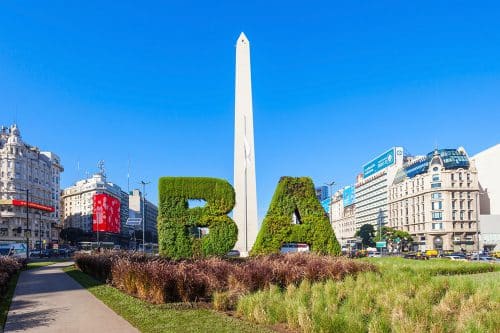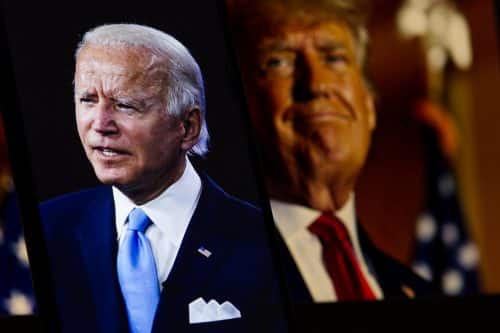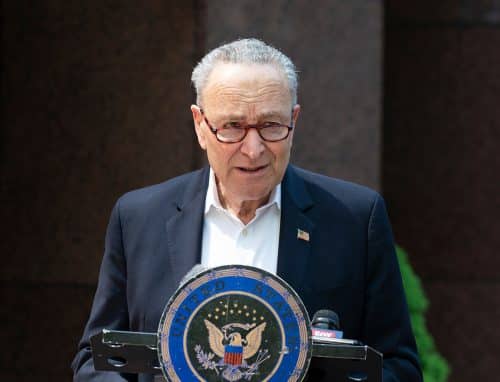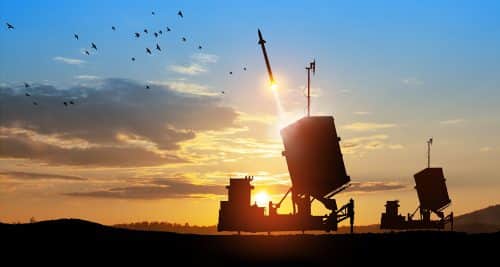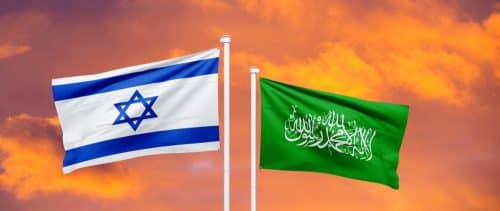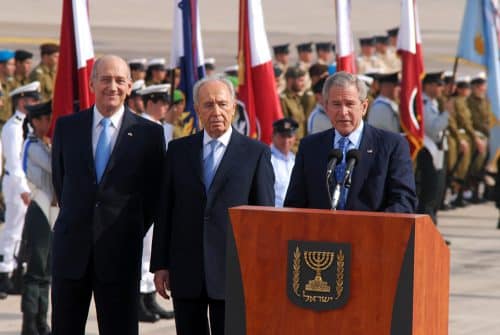Eliyahu Yossian was born in Ispahan, Iran in 1980. His father was a bank manager until the regime took that role out of his hands because he was Jewish.
His childhood years were the tumultuous years of the nascent Ayatollah regime and the Iran-Iraq war. After completing 12 years of education in Muslim schools in Iran, he went on to study civil engineering at Kashan University. Life in Iran and his studies in Muslim schools – especially in a Muslim university – afforded him in-depth acquaintance with Iranian culture in all its hues, the Muslim world, the differences of doctrines of the various Muslim factions and the culture of diaspora Jewry.
In 2003 Yossian immigrated to Israel, where he served in the IDF 8200 intelligence unit, and was even awarded the Israel Defense Award. He completed his MA in the Middle East Studies program for the security forces at Bar Ilan University. Today, he studies post-revolution Iran.
Eliyahu remembers the patrols of the Morality Police in the streets. When leaving the house, his mother and sister would cover their heads with a hijab, as the law required. On the backdrop of the “Hijab riots”, we sat with Eliyahu to better understand what was happening in Iran; what is behind the riots and whether the death of a young women of Kurdish origins could impact Iran-Israel relations and the nuclear agreement.

Under Auspices of the Law: Sharia and Morality Police
Eliyahu, what’s going on in Iran these days?
“Before we talk about what is going on in the streets of Iran, you have to first understand that the Islamic Republic of Iran is governed by the Sharia law of Shi’ite Islam, but not all Iranian citizens subscribe to these laws. Some are not Muslim; some are observant Muslims and others are not religious at all.”
Could you give an example of such laws?
“According to the constitution, a woman’s testimony carries half the weight than a man’s. Another example is the inheritance laws, according to which women are entitled to half of what men are entitled to. Also, a woman’s father is her legal guardian as long as she’s not married; once married – her husband becomes her guardian. So in effect a student, who had completed her medical studies and gets married, is liable to discover that her husband forbids her to practice medicine unless he decides so. And regarding the issue we’re discussing – according to Sharia law, women must wear headscarves. This law is enforced by a government agency called the Morality Police, which is charged with supervising the public and ensuring that they obey the Sharia law.”
Are non-religious people subjected to these laws?
“I’ll tell you more than that: even those who are not Muslim are subjected to these laws. It makes no difference: once you are on Iranian soil – you have to uphold these laws. My mother and sister wore a hijab. Notice how when female European Union representatives come to Iran, already at the airport they are given a hijab.”
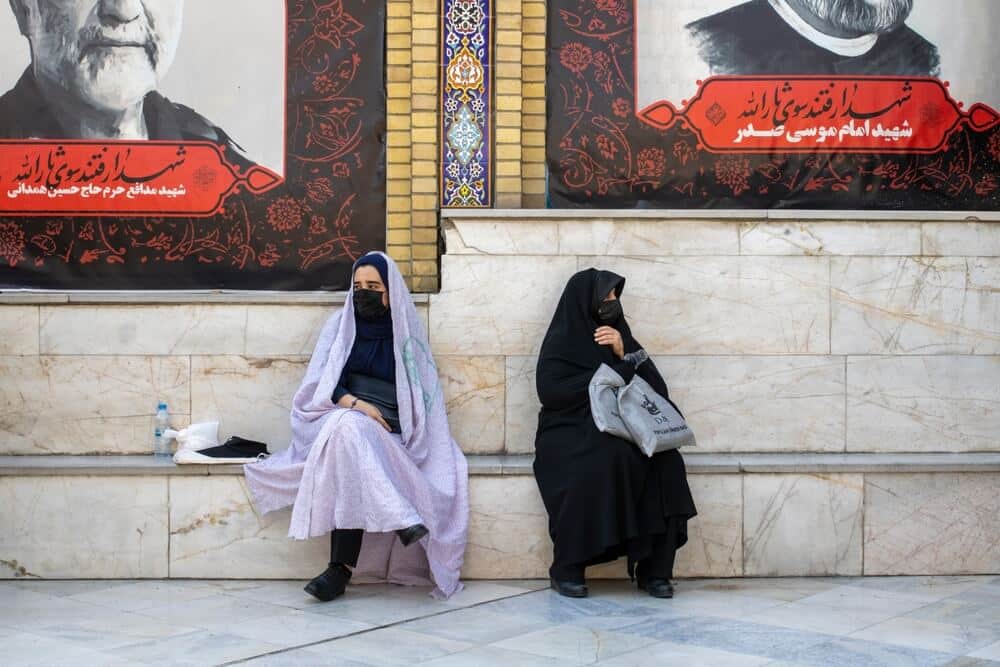
The Hijab Riots: The Resentment, The Protests and The Hope
Mahsa Amini, a woman of Kurdish origins, was put in a police car when the Morality Police claimed that she was inappropriately dressed. According to the rumors, the police used excessive violence against her, which was denied by the government officials. But either way – Amini was killed, or died, sparking riots on the streets of Iran.
Why now? These laws have been in place for years
“It’s true that the Morality Police had existed since the Islamic Revolution of 1979, but you have to understand that Iran society has changed. In the past 40 years, Iran society had undergone a process of secularization, and you can find citizens, who hold world views that are not aligned with the Islamic Republic values. The birth rate is on the decline, the age of marriage is rising, and if that were not enough – Iran is buckling under the economic crunch bought on by corruption, failing policy and the West’s sanctions against the country. Generally, the public is very resentful. The hijab, the death of Mahsa Amini and the consequent riots are only a pretext to what the Iranian nation really wants to do – take to the streets.”
And people go out to protest even at the risk of their own lives?
“Let’s get things straight. Not every demonstration in Iran is life threatening: some demonstrations are permitted by the regime, like the protests against the pension funds. But protests against the nature of the regime and the Sharia and Quran based-law are illegal, and as such – might be life endangering.“
So let’s get to the point: the state of affairs for most citizens in the “Arab Spring” countries had not much improved. Is the situation in Iran different?
“First of all – comparing Iran, an Arian state – to other Arab countries, which are semitic – is just wrong. Iran holds an entirely different worldview; Iranian imperialism strives for full dominance of the Middle East. By the way, since the Islamic revolution of 79, the Iranian regime had been able to gain control, to a certain extent, of Lebanon, Syria, Iraq and Yemen.“
So is there any chance that things will change in Iran?
“Insofar as the nature of things – it won’t change. If God said that a woman is forbidden to be seen in public without a hijab – then women are forbidden to be seen in public without a hijab. That’s not going to change.”
Not even in ten years?
“Look, when I was in fourth grade, it was trendy for girls to wear shorts. Since this kind of garment exposes the legs, the Morality Police outlawed those kinds of pants, However, as they were so popular, stores continued to carry them. At that time, the Morality Police would patrol on motorcycles. It would be ridden by a soldier from the Revolutionary Guards, who would wield a long stick with a razor blade at its end. If he would see a woman wearing shorts, he would speed up and cut her leg. So I ask you this – it’s been 30 years since. Had anything changed? No. Last week they took a woman who they claimed did not cover her head and killed her.”
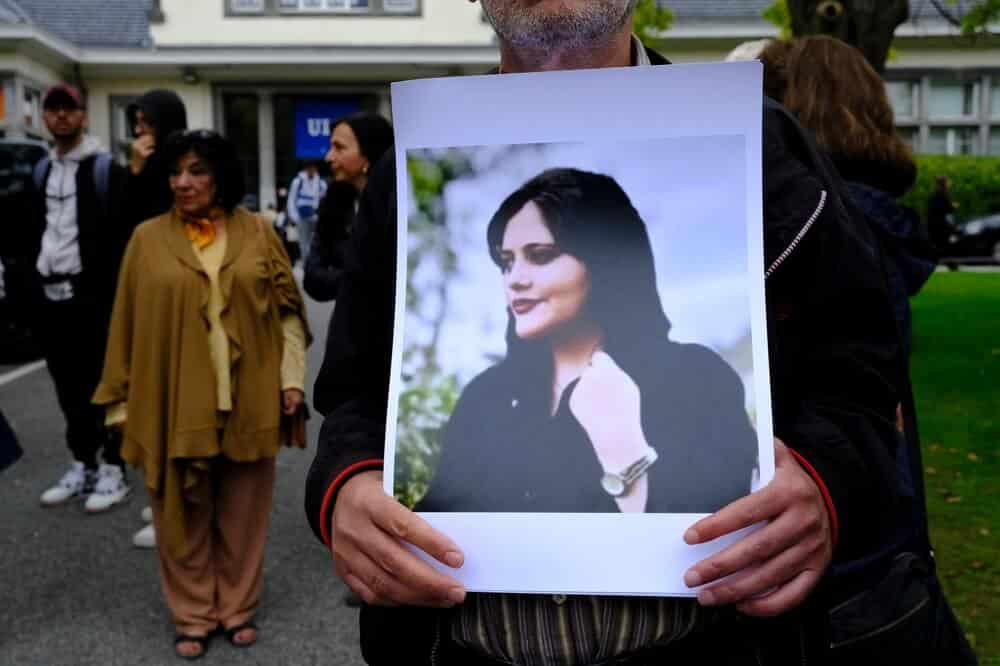
From Headscarves to Nuclear Agreement: Processes and Influences
Could this supposedly cultural-religious event impact the nuclear agreement?
“There’s a big chance that it will. Taking a close look at the sphere in which the Islamic Republic operates shows interesting things. Today, Russia is bogged neck deep in the Ukraine quagmire, and it has recently transferred its defense systems from Syria to the Ukraine front. This move substantially weakens the regime and affords Israel the leeway it needs to address the designs of the Syrian regime. The Islamic Republic is getting itself entangled in the Lebanese front as well, by supplying Lebanon – with whom it has peaceful relations – with free oil, while at the same time, Israel, which has no such relations with Lebanon, is selling it oil. Among the citizens of Iran – already buckling under the economic strife – the discontent is further mounting by this move. Another point is that it is likely that in the next elections, Hezbollah will fail to gain a majority in the Lebanese parliament, while on the Iraqi front, the internal political chaos is picking up speed, fueled by infighting among the pro-Islamic Republic candidates within the parliament and the candidates opposing the regime’s attempt to grasp control of the parliament.”
How does this all tie into the nuclear issue?
“The Islamic Republic is interested in signing the agreement that awards it the best terms. The longer they wait – considering the problems in the Middle East arena, and the more the people go to the streets – the Iranian government will not be able to last too long and will have to submit to a less favorable nuclear agreement.”
And the attitude towards Israel – will it change?
“True, a less than favorable nuclear agreement for the regime is a more favorable one for Israel. But again – insofar as the nature of things – nothing will change. The regime’s hostile attitude toward Israel will remain as is. You have to understand: according to the regime’s world view, it doesn’t accept for one second that we are entitled to our own state. They see us as a Zionist occupying entity, and that will not change.”
But as we can see – there is a deviation between the regime and the Iranian people
“Iranian citizens fall into two groups – some 30% are supporters of the regime, and 70% are opposed to it. You would expect that 70% to be pro-Israel. But when I speak to Iranian citizens, people who are against the regime, and who do not view us as an occupying Zionist entity, they openly tell me that they are disappointed with Israel’s policy.”
Why?
“They don’t understand why Israel isn’t helping them take down the regime. Why isn’t Israel helping them to bring back internet infrastructure? Why isn’t Israel arming dissidents? Why is it not using its influence in the White House corridors to help the opponents of the regime. They’re disappointed with us.”
What about a military coup d’etat or a grassroots popular uprising?
“A military coup most probably will not happen. The regime is structured like Nazi Germany and the SS – pretty much all of the uniform wearers are from that 30% which believes in the regime. These forces are put through strict screening procedures that include tests on religion, background checks and loyalty tests. A grassroots popular uprising is also not likely. Remember that there is still 30% who believe in the Islamic Republic and they are the ones holding all the resources: power, money, the broadcasting authority and the internet infrastructure. When the day comes, this regime will not think twice about harnessing all of its Middle East proxies – Houthis, Hezbollah, Fatemiyoun, Zainabiyoun, Hashd al-Shaabi – to crush any serious uprising.”
What can Israeli policymakers and decision makers learn from this?
“Unfortunately, Israel’s Middle East policy is passive, a policy that doesn’t address the root of the problem but kicks the issue down the road. I believe in being proactive. I won’t wait until a problem reaches me; I want to handle it before it does. Unfortunately, the roots of this passive policy are to a great extent in the Israeli culture. There’s a saying ‘we’ll cross the bridge when we get to it’; Israeli policy is like that saying – when the problem arises, only then address it.”
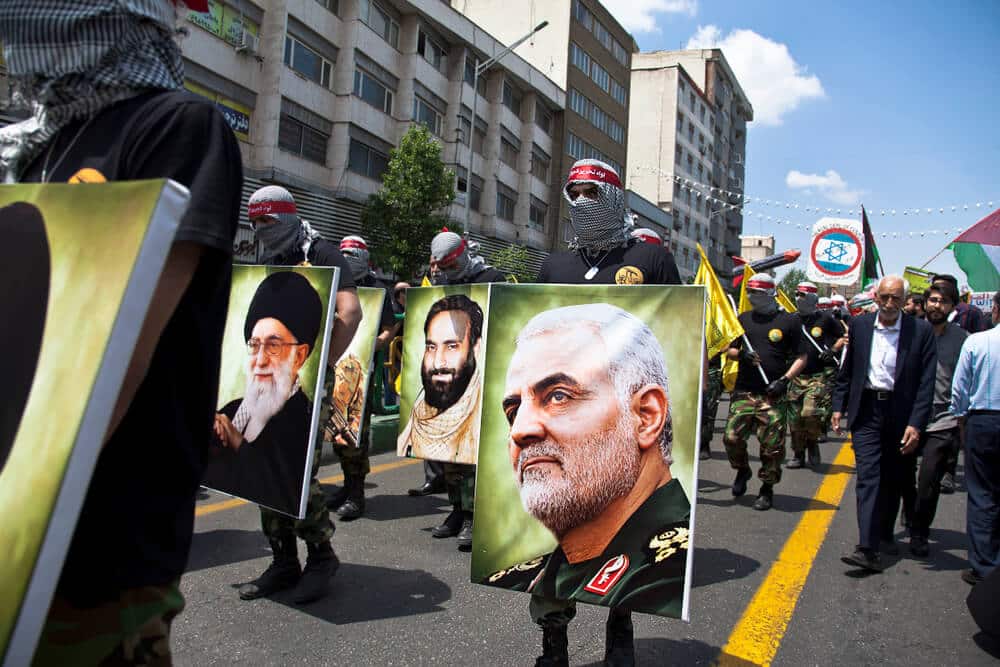
”Iran is More Than Just a Nuclear Agreement”
You lecture on a broad range of topics relating to Iran. Why is it important to gain any further knowledge of the country beyond the facts that it seeks Israel’s destruction?
“In order for Israel to bolster its power in the Middle East and the world, it must gain an in-depth acquaintance with its region – the state of mind, culture and roots of its neighbors. This acquaintance could allow Israel to produce responses for a wide gamut of opportunities, issues, dilemmas and crises the present themselves across the region. Iran is more than a nuclear agreement; this is a country with some 100 million citizens, an enormous land with a precipitous geopolitical value. It is one of the top five countries in terms of natural resources, and boasts a very complex – and illustrious – history. If you want to sign a peace agreement with it – or any other agreement for that matter, economic, military or intelligence exchange – you must get to know its cultural characteristics and needs first.”
Why did you joint IDSF HaBithonistim?
“A friend of mine from 8200 told me that IDSF HaBithonistim is very close to my own views. I filled out their questionnaire ‘How ‘Security-oriented’ Are You?’ and scored a perfect 10. I went into their website and read their mission statement, which is indeed very close to my views, so I decided to join.”
What views?
“Remember the slogan ‘Territories’ for Peace’? Those who supported that concept, generally speaking, were from the political Left – the secular-liberal sector that is mostly on the Left of Israel’s political map. What did the test of time teach us? That peace with most Arab countries was gained by peace and not in return for territories. Remember when it was claimed that enacting Israeli sovereignty over the Golan Heights would throw Israel into a state of war? We did and nothing happened; Remember when they said that relocating the US embassy to Jerusalem would be explosive? We relocated the embassy and nothing happened. More than that: following that relocation, other embassies followed suit and nothing happened. In short, the test of time produced more peace than the Left did, although it is in fact the Left that upholds the banner of peace.”
How do you explain this?
“Because there is a fundamental mistake in this approach, in a policy that does not have a deep understanding of its surroundings, its motivations. IDSF HaBithonistim come and say that there is a great misconception in the understanding of the region in which we exist – an understanding that can and needs to be corrected. This ties in seamlessly to what I said previously, on the importance of getting to know the environment in which you operate before making decisions on policy.”
